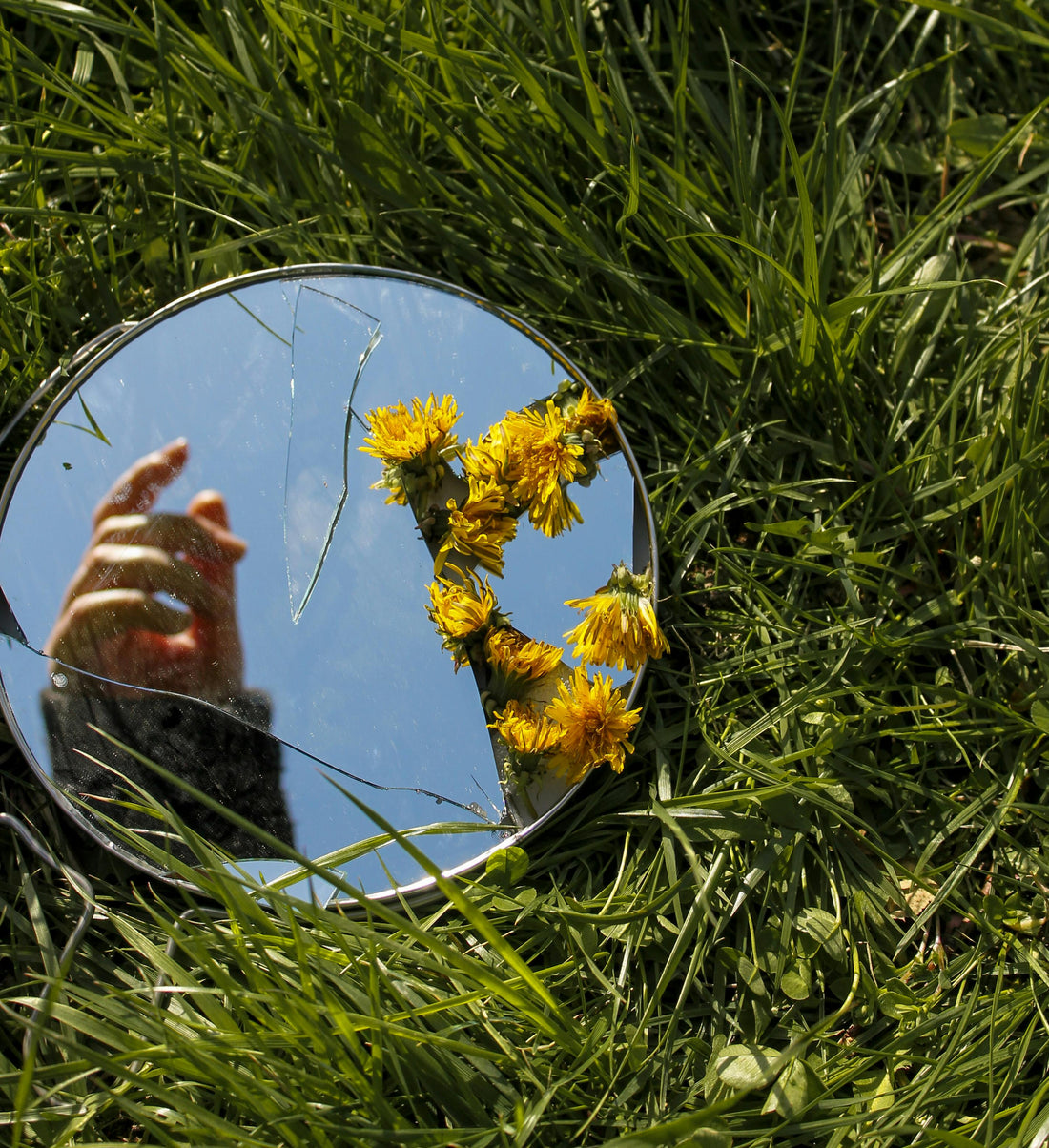Burnt Out? This Might Be the Cure
Share

There was a time I didn’t know how to say no.
Not to people. Not to pressure. Not even to myself.
I thought being available 24/7 was a sign of strength. That overworking and overgiving were just part of being passionate. Especially when you run something as personal as Kalavrit, it’s easy to blur the line between self and service.
But somewhere along the way, I realized this truth: saying yes to everything was slowly draining my mental health.
The Guilt Behind People-Pleasing
Most of us struggle with people-pleasing - because we’re taught to associate “no” with selfishness or rejection. But in reality, saying no is one of the most important tools for emotional well-being.
Whether it's a custom request that doesn’t feel right, a social plan you’re too tired to attend, or even just a phone call you’re not ready to answer - your discomfort is valid. Your limits are real.
Saying no doesn’t make you rude.
It makes you real.
Setting Boundaries = Self-Care
We often talk about self-care in terms of skincare, journaling, or taking breaks—and while those things matter, real self-care is setting boundaries without guilt. It’s protecting your peace like it matters - because it does.
The first time I turned down a project that didn’t align with my energy, I was scared. I wondered if I was being ungrateful or “too much.” But what I felt afterward was... relief. Lightness. Space to create again.
That space is sacred.
Every “no” made room for a more honest “yes.”
Yes to projects that inspire me.
Yes to rest.
Yes to my own voice.
Burnout Is Not a Badge
In the creative world, burnout is often worn like a badge of honor. Long hours, skipped meals, endless hustling - it’s romanticized. But let me tell you what burnout really feels like:
It feels like numbness. Disconnection. Exhaustion that sleep can’t fix.
And it’s avoidable - if we learn to set boundaries early.
For me, that looked like:
- No longer answering messages past a certain hour
- Not taking custom orders during rest cycles
- Saying no to “urgent” timelines that disrespected the art
- Protecting weekends as sacred, creative breathing room
Every boundary I drew became a quiet promise to myself: You matter, too.
Why Saying No Is Essential for Mental Health
Mental health isn't just about therapy or meditation (though both help) - it’s about the everyday choices we make.
Saying no is a form of emotional hygiene.
It’s choosing presence over pressure. Integrity over impulse. Peace over performance.
And guess what? You don’t need a reason to say no.
You’re allowed to have limits, even if others don’t understand them.
In fact, the more I honored my own needs, the more clarity I found in my work, my relationships, and even in my inner voice. Boundaries didn’t shut people out - they brought the right ones closer.
Final Thoughts: You’re Allowed to Say No
So here’s your reminder - especially if you’ve been feeling overwhelmed, overstimulated, or over-obligated:
You’re allowed to say no.
You’re allowed to protect your time, energy, and emotional well-being.
You’re allowed to rest without guilt.
You’re allowed to be kind - to yourself first.
Saying no isn’t selfish.
It’s self-respect.
And in a world that constantly asks us to give more - it’s revolutionary.
